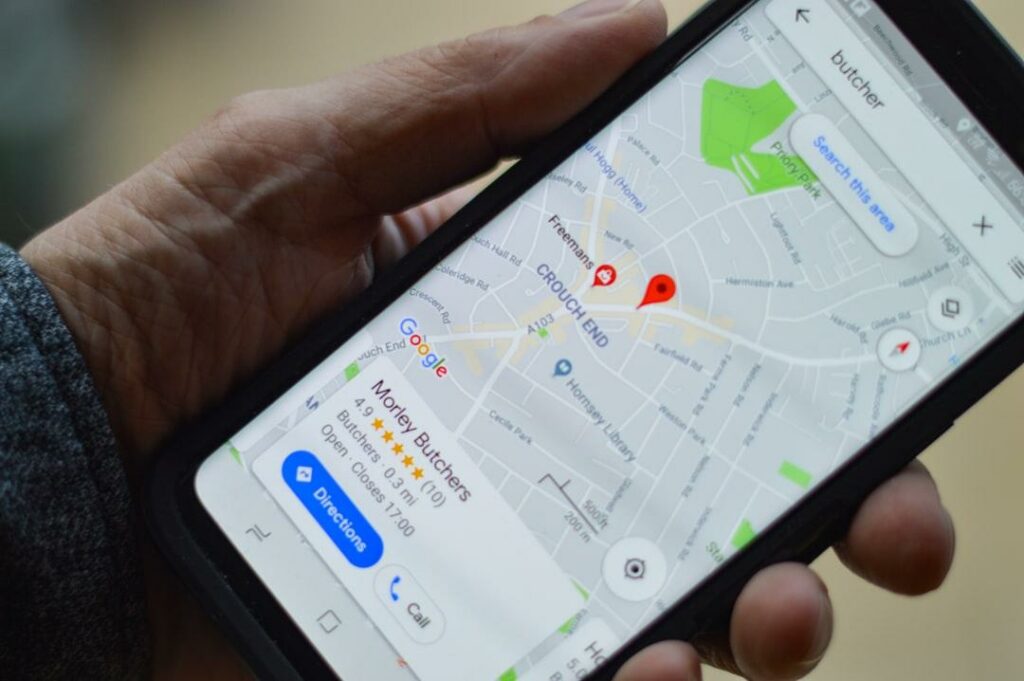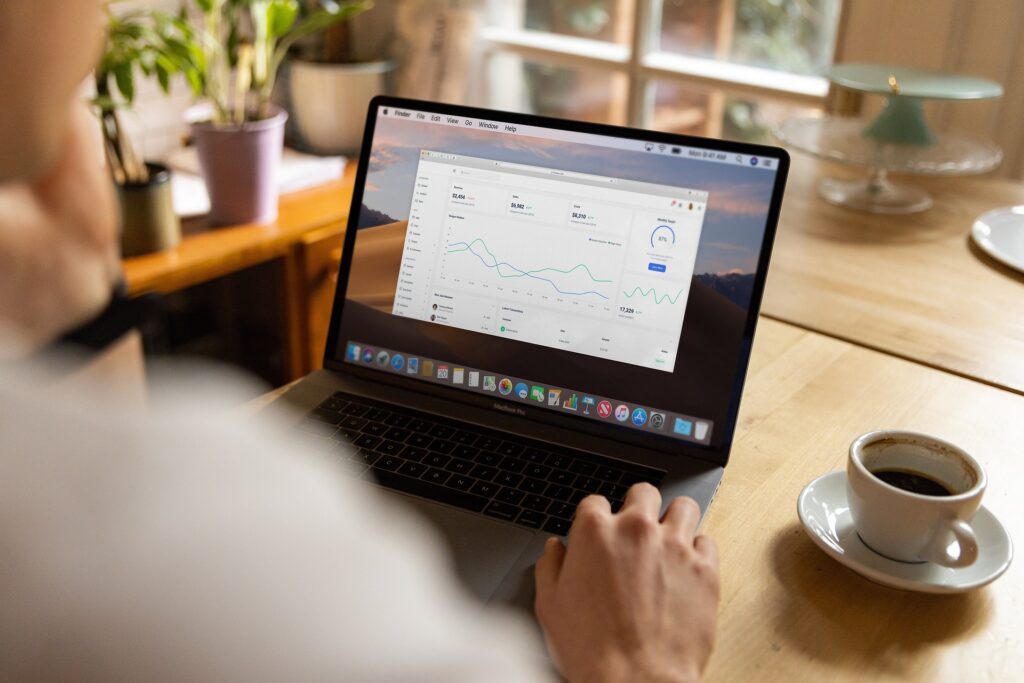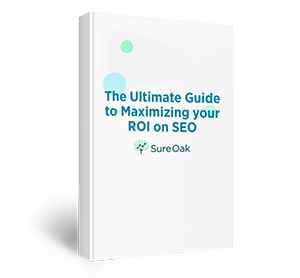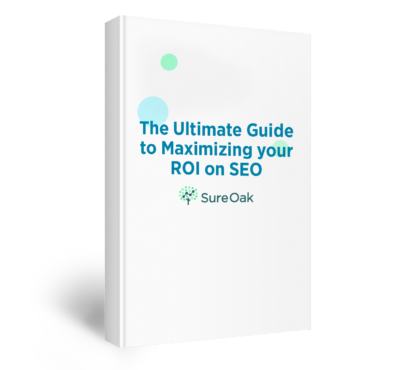The local business you own or work for has built a website, but prospective customers are still looking for it. The truth is that although you have an appealing website, it will only generate results if it is optimized to appear in local searches. If your business serves clients in specific geographic regions, you need to learn how to boost your site’s local ranking on Google to show up in relevant results for those areas.
With the increased availability of local searches, entrepreneurs are undoubtedly looking to improve their site’s ranking on Google. A higher ranking brings many benefits: it helps prospective clients find your business online, can generate more local leads, creates a positive reputation for your brand, and ultimately increases sales.
Keep reading to learn how to improve your business’s local search rankings on Google.
What is local SEO, and why is it important?
Local SEO is short for “local search engine optimization.” This strategy helps your website be discovered in local searches on Google. Any business with a brick-and-mortar location or that serves clients within a certain geographical area can benefit from local SEO services.
Improving your local ranking on Google comes with several advantages for businesses serving local customers:

- Enhanced online visibility: By implementing local SEO strategies such as link building, citations, and content optimization, you can increase your business’s online visibility. This, in turn, makes it easier for potential customers to find you online.
- Cost-effective marketing: While managing your company’s information in online directories may take time and effort, it’s a cost-effective marketing strategy. With free tools such as Google My Business, you can set up a local business listing and improve your visibility on Google Maps.
- More qualified search traffic: Optimizing your website for local searches delivers more qualified traffic to your site, which can lead to more sales, sign-ups, subscriptions, and leads.
- Competitive edge: Local businesses that invest in SEO gain more visibility, clients, and leads than those that don’t, offering them an edge in the market.
- Increased authority and trust: Potential customers assume that Google has verified high-ranking businesses. If your business ranks higher in local search results, it portrays you as a reputable business and means greater appeal to prospective clients.
- Greater sales: When your business appears in the top search results on Google, people tend to trust your brand more, which can lead to increased sales. With more customers buying your products or services, your revenue will grow.
- Long-term marketing asset: Local SEO is a great long-term investment for your business. By building a strong online presence, you’ll continue to attract customers even after you’ve used your marketing budget. This helps to secure your business’s future growth and success.
How do you improve local search rankings? 5 Ways to Get Started
Word-of-mouth recommendations and local advertising are both excellent ways of generating leads for your business. However, to stay ahead of the competition, you will also need to enhance your company’s ranking on Google.
Local search results help to level the playing field for small and local businesses. However, ranking higher on Google for competitive keywords may seem difficult for small businesses competing against established brands.
What should a business owner do to improve its online visibility? Below are some of the best ways to improve your local business rankings on Google.
Claim Your Google My Business Listing
Google My Business (also known as Google Business Profile) is a free service from Google that helps you offer more information about your business or company when it appears in local results.
Claiming your Google My Business listing is a great initial step to getting your business ranked in local search results. When you look for your business on Google, your listing is what pops up in the sidebar or the knowledge panel.
If you want to improve your local ranking on Google, you need to ensure you appear on Google Maps. If your business is not appearing, you will not rank in local search results. The key to ranking locally on Google is by claiming your listing. Here’s how you can get started:
1. Go to https://www.google.com/business/ to begin completing your profile. This requires an active Gmail account.
2. Next, enter your company’s address to locate your business on the map. You can then choose whether you want your business to show up on Google Maps. If you run a brick-and-mortar business, this is mandatory.
3. Add all relevant information to your listing. It’s very important to enter all information in the listing. The more complete your listing is, the more helpful it will be to searchers and the higher it will rank on Google search results. Ensure that you complete every relevant section of your listing to the best of your ability, including:
- Business name
- Office address or physical location
- Business phone number
- Website URL
- Attributes (will vary based on category)
- Hours of operation
- Q&A
- Information about booking appointments (where applicable)
- Menu (if applicable)
4. Verify your listing. Your Google My Business listing will only appear in local search results if verified. You can verify your listing in one of two ways:
- Google can text or call your business to provide a PIN to verify your business.
- Google can send you a postcard in your mailbox containing a PIN that you can use to verify your business.
5. Keep your listing updated. Ensure your profile is always updated with accurate information.
Get Positive Google Reviews
Reviews create a lasting impression on potential buyers and can influence their decision to purchase your product or service. With a Google My Business listing, your reviews will show up instantly, which can work for or against you, depending on how others perceive your brand. For example, companies with many positive Google reviews are more likely to attract the attention of new clients, as Google’s local SEO ranking algorithm favors such businesses. On the other hand, poor reviews may deter people from choosing a particular business.
You should encourage satisfied customers to leave positive reviews on your Google My Business listing. On the same note, you should respond promptly and professionally to any reviews, even negative ones, to address any concerns and improve the customer experience. Building a solid reputation with positive reviews can improve your business’s local ranking on Google and attract more potential customers.
Use Local Keywords
Besides positive reviews, local keywords are an important part of any location-specific SEO strategy. Local keywords make it easier for potential customers to find your business in location-based searches on Google. By including location-specific terms such as “best restaurant in [location],” “affordable dentist near me,” or “emergency plumber in [location],” you can boost your local ranking on Google and improve your visibility on Google Maps.
Be sure to incorporate local keywords throughout your website, including in your meta titles and descriptions, headings, body content, and URLs. Adding relevant keywords to your image tags and captions can also improve your local ranking. However, be careful not to overuse or stuff keywords, as this can negatively impact your ranking. The key is to use local keywords naturally and provide valuable content to your customers.
Have a Mobile-friendly Website
With so much traffic coming from mobile devices, businesses must have mobile-friendly sites. In addition, having a mobile-friendly site is a good way to improve your local ranking on Google.
A mobile-friendly page will display differently depending on the user’s device. The smaller screen of a mobile device means a website’s layout may need to be different than for a desktop browser. A mobile-friendly website gives all visitors a great user experience no matter how they access your site.

Businesses should also focus on optimizing their website’s loading speed. Google prioritizes fast-loading websites in its search results, so this can improve your local ranking on Google, as well as the overall user experience.
Here are some tips that will help to optimize your site for mobile devices:
- Ensure that your buttons are accessible to mobile users.
- Implement caching.
- Redesign your pop-ups for mobile users.
- Compress your images to enhance the loading speed.
- Eliminate unnecessary plugins or scripts to improve your website’s loading time.
- Design for touch.
- Test your business website using Google’s mobile-friendly tool.
Spend Time Building Local Links
Lastly, building quality links is one of the most crucial strategies to rank your website higher on Google. With link building, you want other websites to reference or link back to your site in their online content.
A backlink refers to any link that connects a specific website to yours. A backlink profile denotes a group of links that point to your website. Building local links provides a way for search engines such as Bing and Google to discover new sites with good content since other websites reference them.
Google views local links as a sign of authority. If more websites link back to your site, this will help to boost your local SEO rankings in search results. There are several ways to create a backlink profile. Here are a few smart tips:
- Partner with other local businesses. Look for companies in your service area that serve similar customers. Ask them to link back to your website and return the favor by doing the same for them.
- Find sponsorship opportunities. Sponsoring local events or teams can be a great way to get your business name out there and earn backlinks. Many events or organizations have sponsors’ pages on their websites where you can include a link to your site.
- Create social media profiles. Setting up social media profiles can build local links. Platforms like Twitter, Facebook, LinkedIn, and Instagram will help you connect with your clients and build backlinks to your site.
- Reach out to local forums, communities, and newspapers. Local news publications are always looking for new stories, and getting featured can be a valuable source of backlinks. Also, join online forums or groups related to your niche and contribute to the discussion. Request a story about your company with a link to your site in the piece.
- Add a blog section to your website. A blog section allows you to provide valuable content or resources to your customers. At the same time, other websites may link to your content as a reference or source. Just be sure to track your backlinks regularly to ensure they are high-quality and relevant to your site.
Final Thoughts
By following the above tips, you can start to improve your local ranking on Google and drive more traffic to your site. Improved local SEO rankings will improve your online visibility, helping potential customers in your area discover your business. If you need some help, schedule a call with us!





